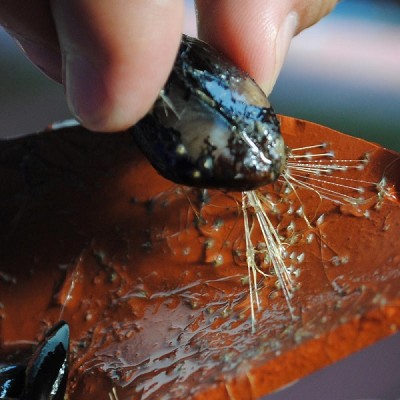
Evolution has made mussels exceptionally remarkable in a specific way, namely its sticky threads. These strong sticky threads are used by the mussels to attach themselves to rocks.
Now a team of scientists at the Massachusetts Institute of Technology (MIT) has studied these threads and uncovered the secrets behind their stickiness.
The team, led by Zhao Qin, discovered that the threads are composed of soft stretchy material on one end and on the other a much stiffer material.
If the researchers are able to replicate the design, the research could open up for possible future use of this “mussel technology” for bone and tendon repair etc.
These mussel threads seem to be made of a protein similar to collagen, which is found in bone and tendons among mammals. They come in two varieties with one being stiff and the other stretchy.
Qin comments their findings, “This mix makes it possible for the threads to deform without breaking, helping to keep the mussel attached to the rock,”.
“I see a potential application in repairing damaged bones or as surgical sutures in blood vessels, where there is a need for material that is flexible as well as stiff,” Qin adds.
The paper Impact tolerance in mussel thread networks by heterogeneous material distribution was published Nature Communications.
_______________
http://www.nature.com/ncomms/2013/130723/ncomms3187/full/ncomms3187.html
______________________________


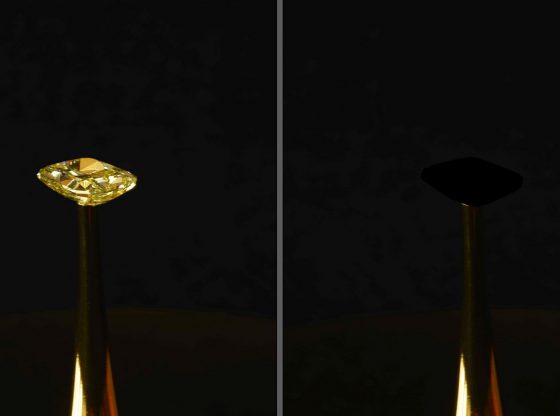
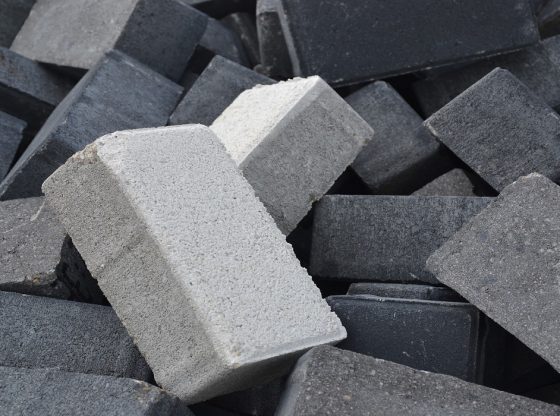
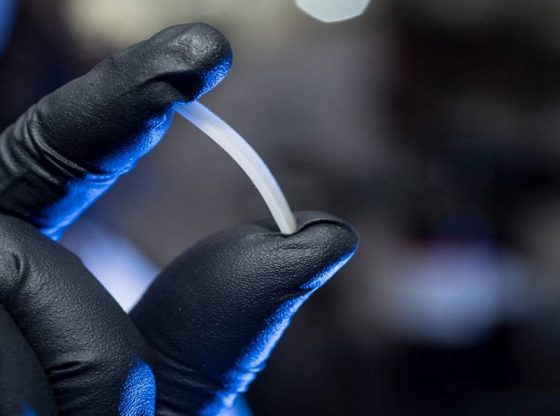

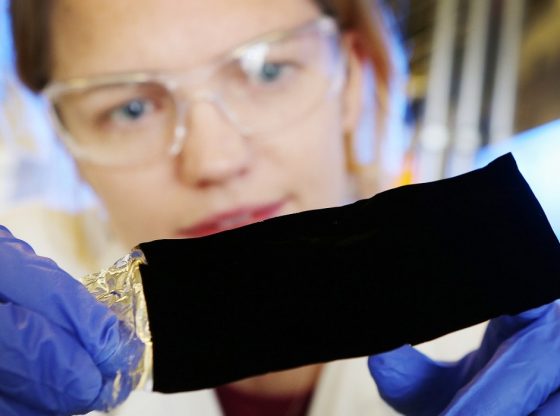
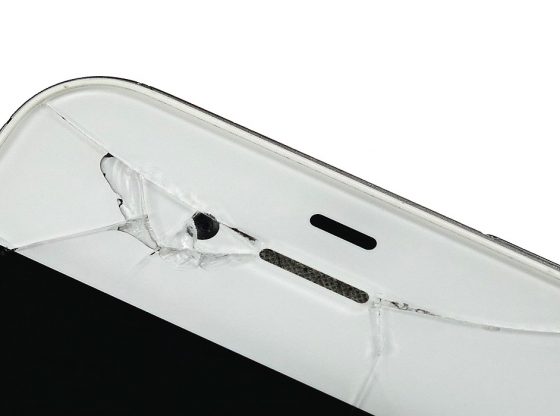


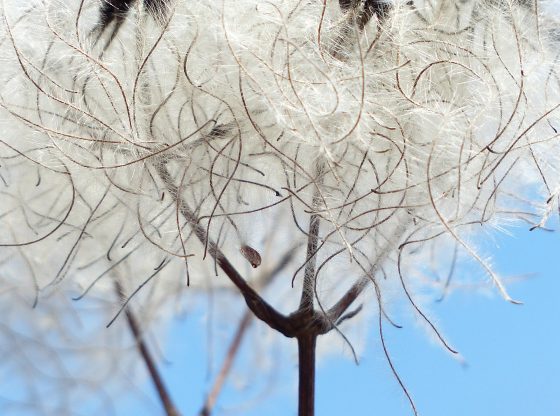
![OpenAI. (2025). ChatGPT [Large language model]. https://chatgpt.com](https://www.illustratedcuriosity.com/files/media/55136/b1b0b614-5b72-486c-901d-ff244549d67a-350x260.webp)
![OpenAI. (2025). ChatGPT [Large language model]. https://chatgpt.com](https://www.illustratedcuriosity.com/files/media/55124/79bc18fa-f616-4951-856f-cc724ad5d497-350x260.webp)
![OpenAI. (2025). ChatGPT [Large language model]. https://chatgpt.com](https://www.illustratedcuriosity.com/files/media/55099/2638a982-b4de-4913-8a1c-1479df352bf3-350x260.webp)








